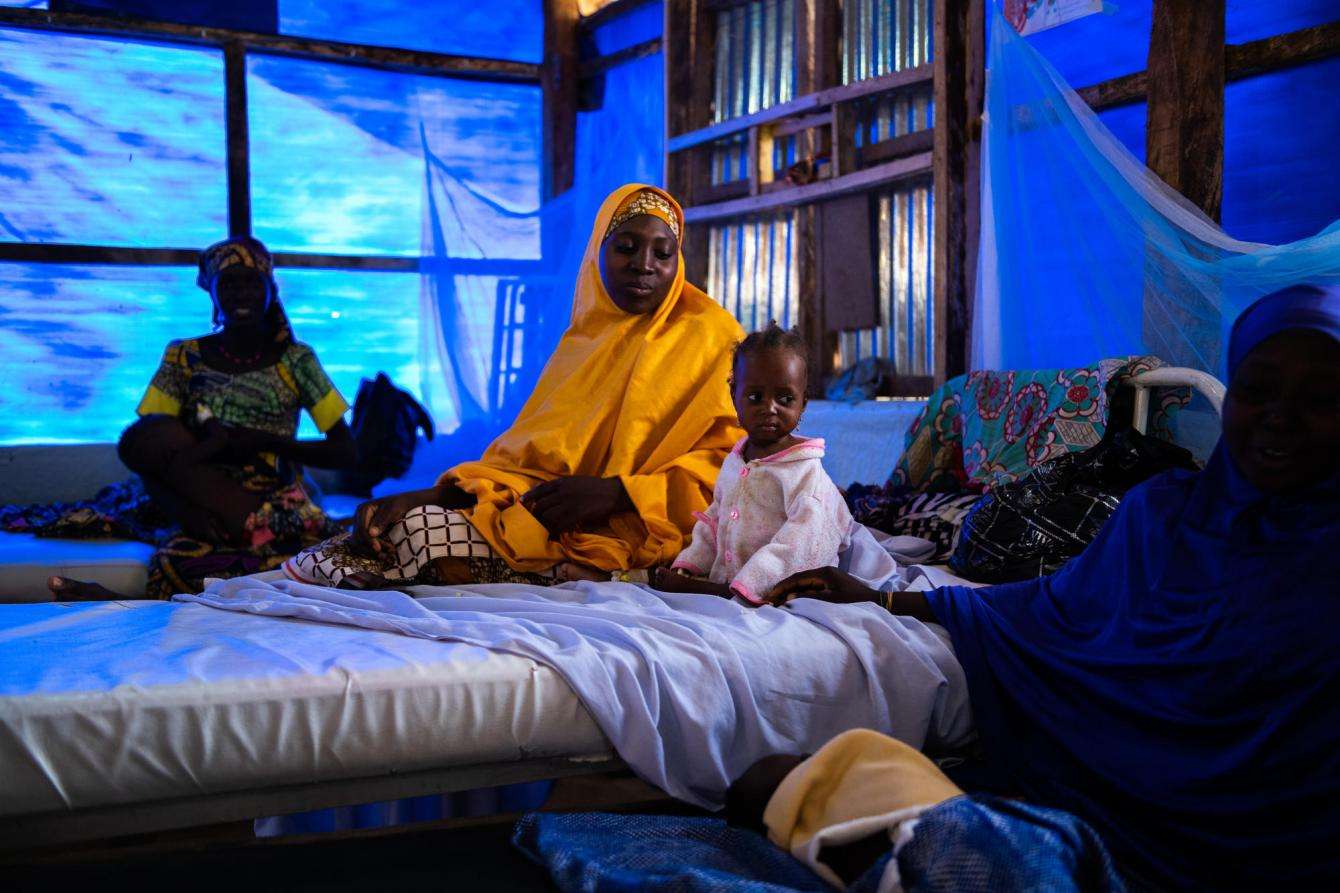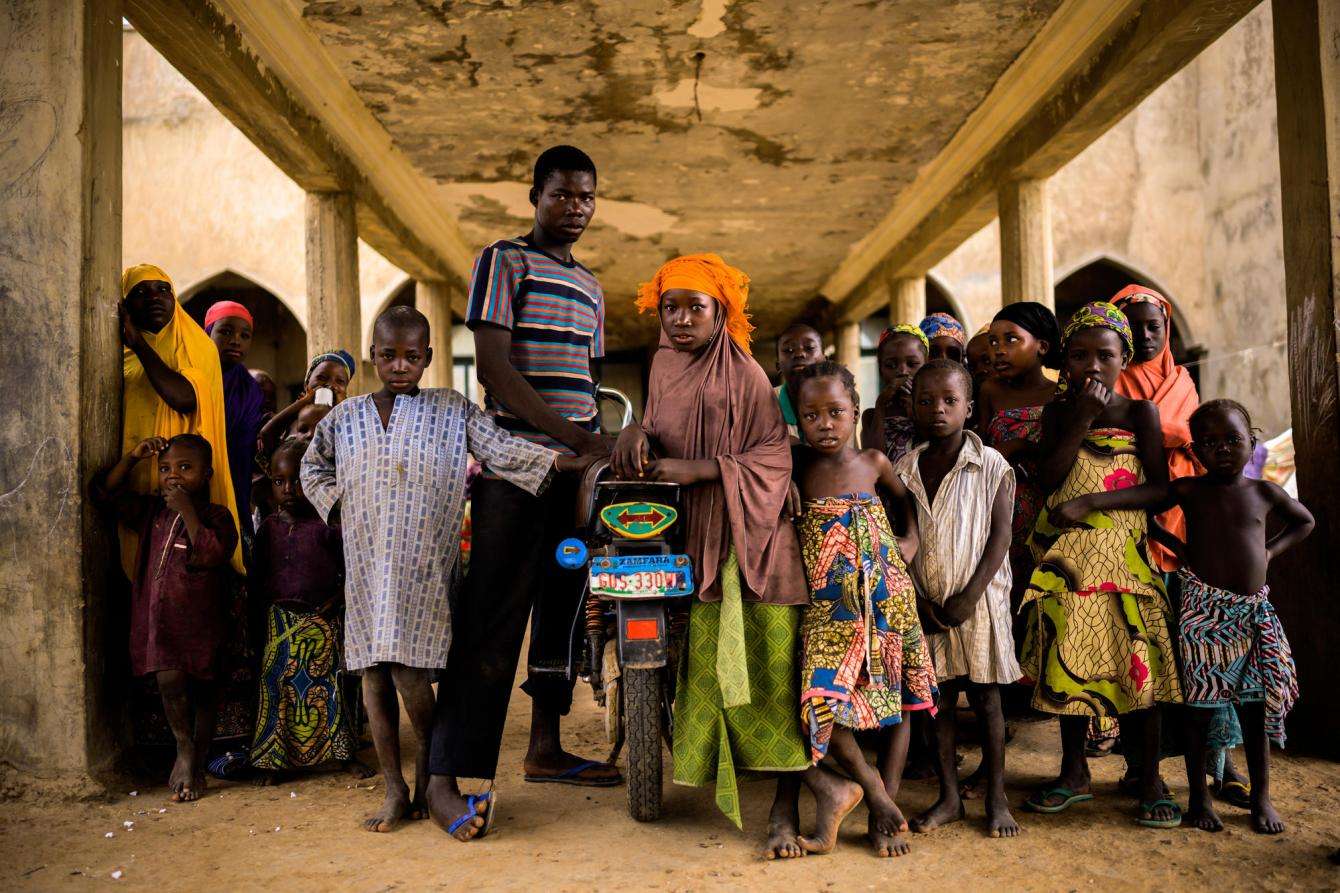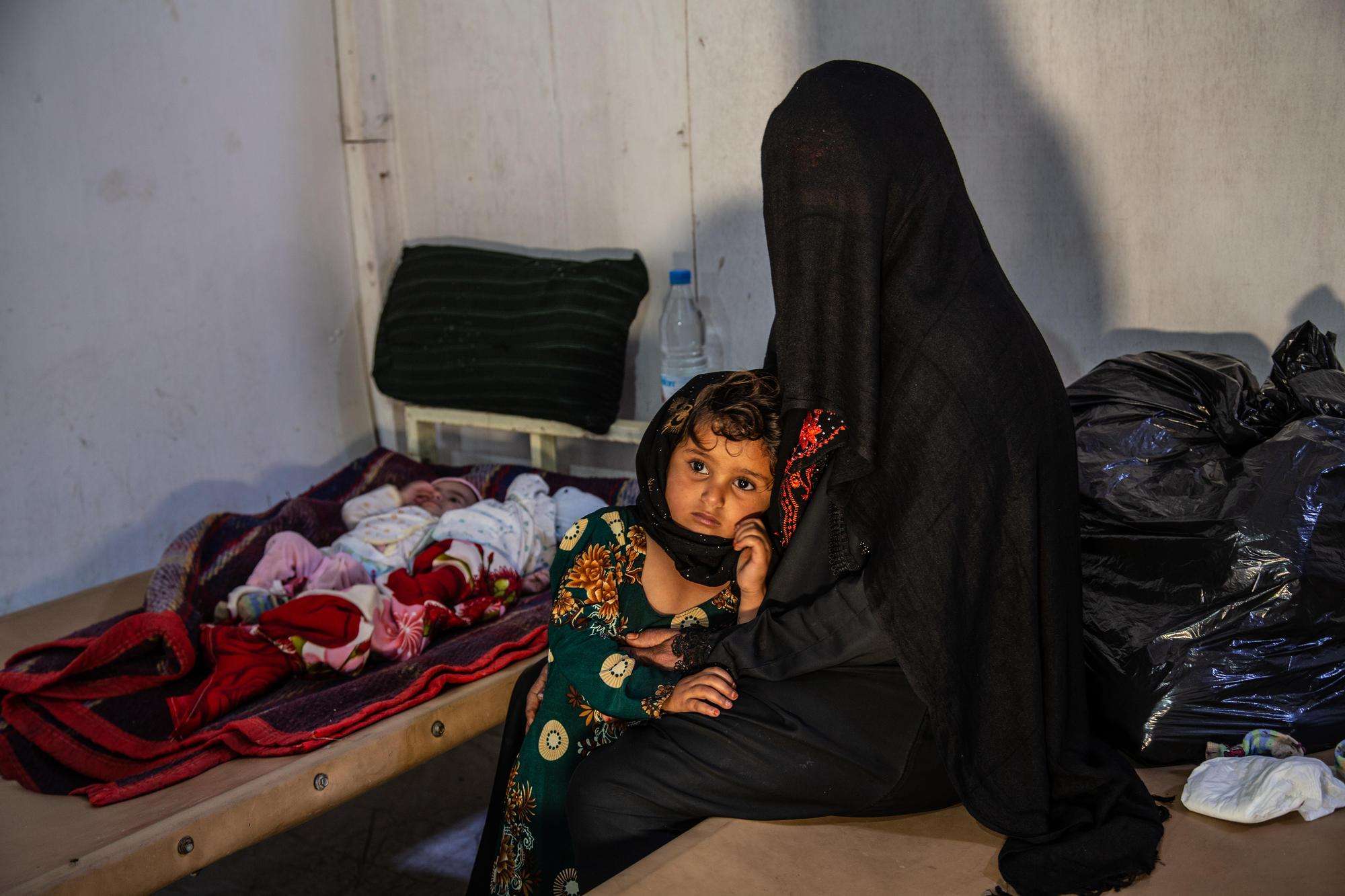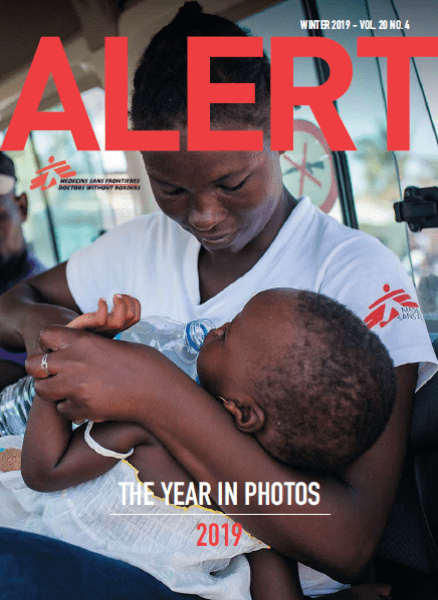Around one-quarter of the medical assistance provided by Doctors Without Borders/Médecins Sans Frontières (MSF) is for people caught in armed conflict. At risk of indiscriminate attacks as well as targeted violence, many civilians living through wars are faced with a wrenching choice: flee their homes or try to survive under siege. Conflict disrupts every aspect of daily life, jeopardizing access to even the most basic needs, like food and medical care.
In conflict zones around the world, MSF provides lifesaving medical care based on needs alone. In countries convulsed by fighting—from Yemen to Syria to South Sudan and many more—our teams treat both the direct consequences of war and provide basic medical services when national health systems have collapsed. We set up operating theaters and clinics, run nutrition programs, fight disease outbreaks, and provide medical and mental health care for victims of sexual violence, among other essential services.
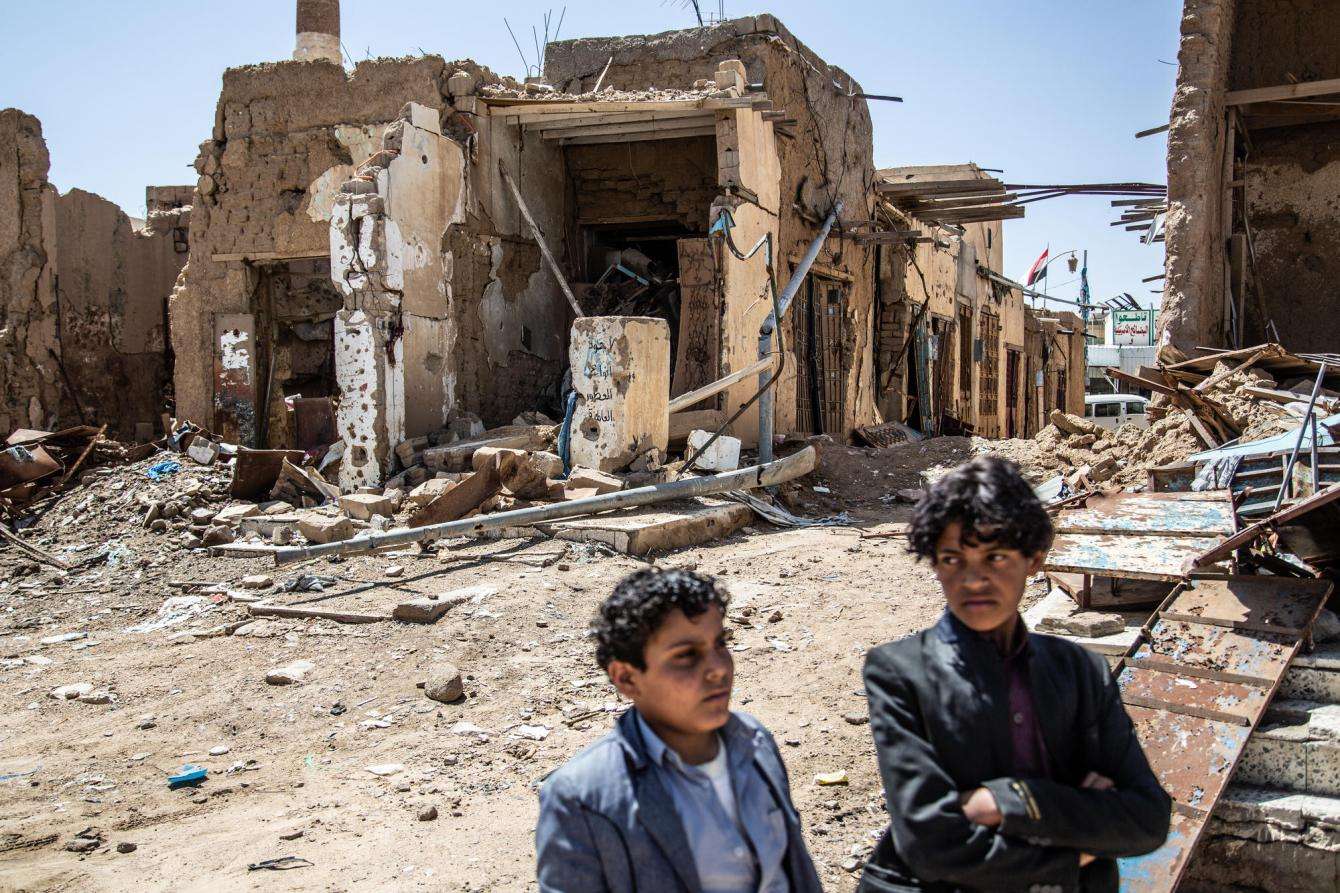
In Yemen, where more than four years of war have caused tens of thousands of deaths and left the country’s health system in ruins, MSF teams have treated more than 100,000 people for injuries related to the conflict. We’ve also provided hundreds of thousands of outpatient consultations and supported many health facilities with supplies, including assistance to provide salaries for public health staff, many of whom have not been paid by the government since the war began in 2015.
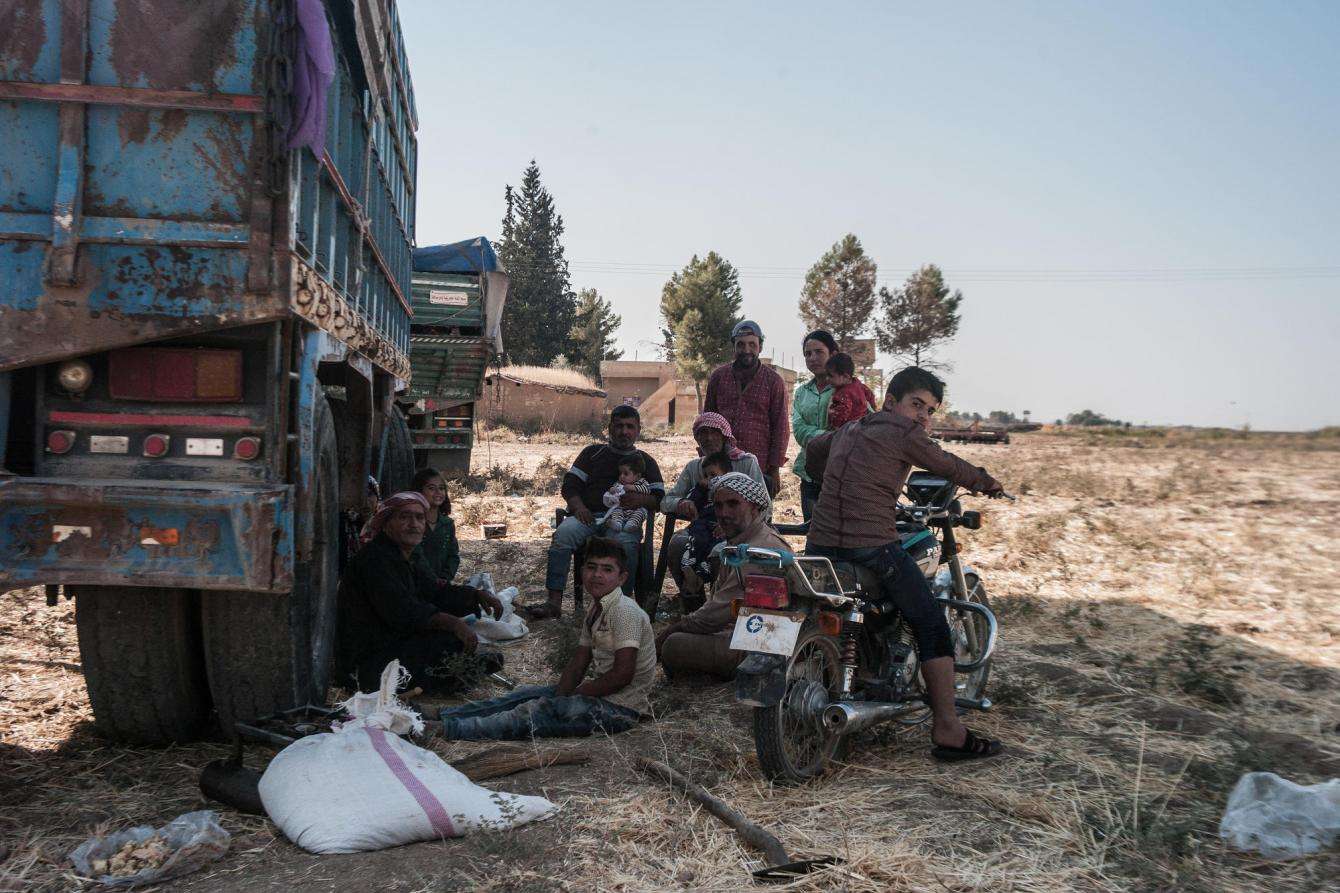
MSF is the largest provider of health care in Central African Republic (CAR), a country shattered by the civil war that began in 2013. Though a peace agreement went into effect in early 2019, the situation remains fragile, and violence and lawlessness are still common. Across CAR, many people do not have access to basic health care. Our teams provide medical services including vaccinations for preventable diseases, testing for malaria and malnutrition, sexual and reproductive health care, and trauma surgery in health facilities throughout the country.
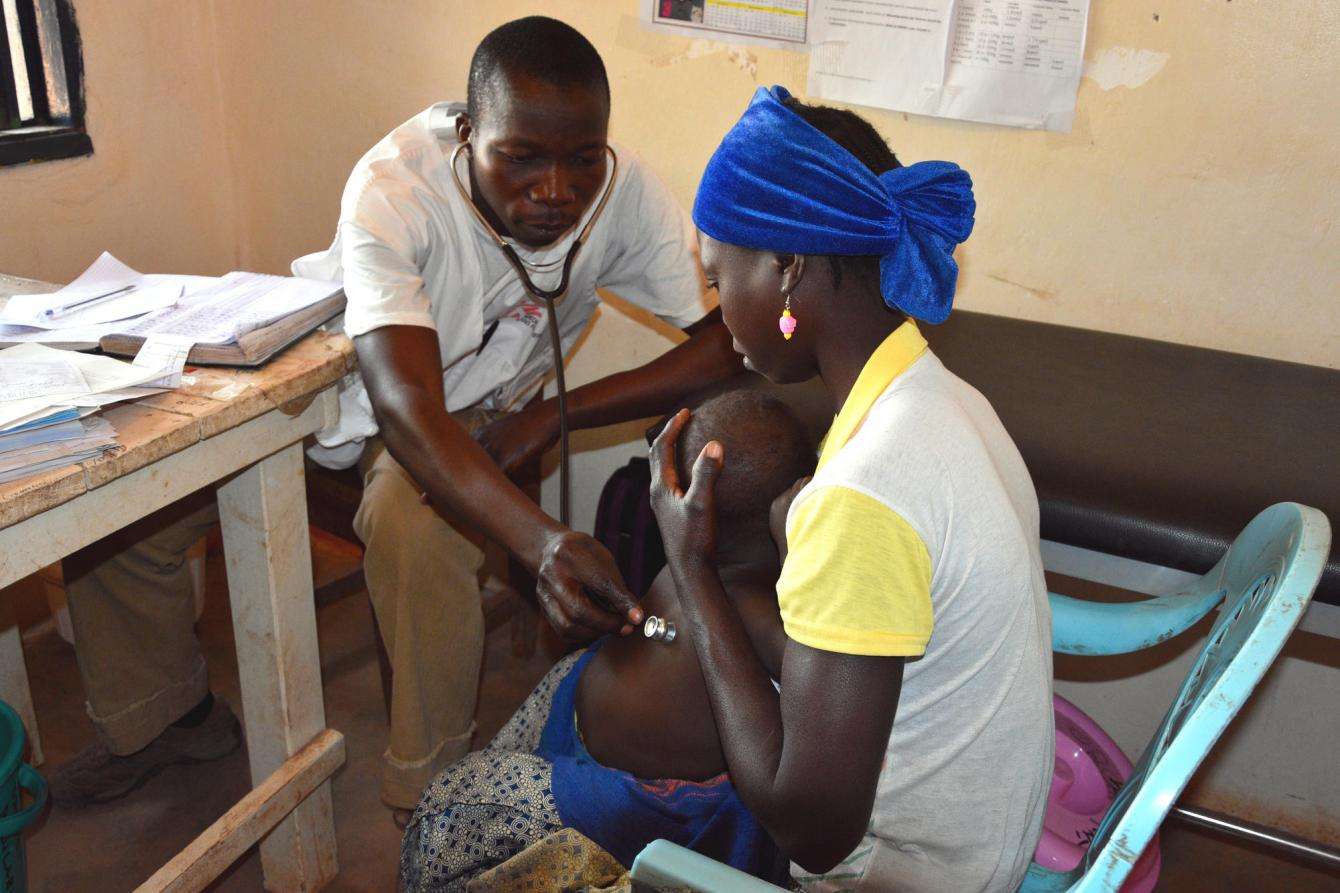
In Nigeria, conflict continues to simmer across the northeast even as insecurity and violence have escalated in other regions. Violence by criminal armed groups in the northwestern state of Zamfara has caused tens of thousands of people to flee their villages. With farms abandoned, a nutrition crisis looms. In the town of Anka, where many displaced people have gathered, MSF runs a pediatric ward at the general hospital, providing treatment for malnutrition, malaria, and other ailments.
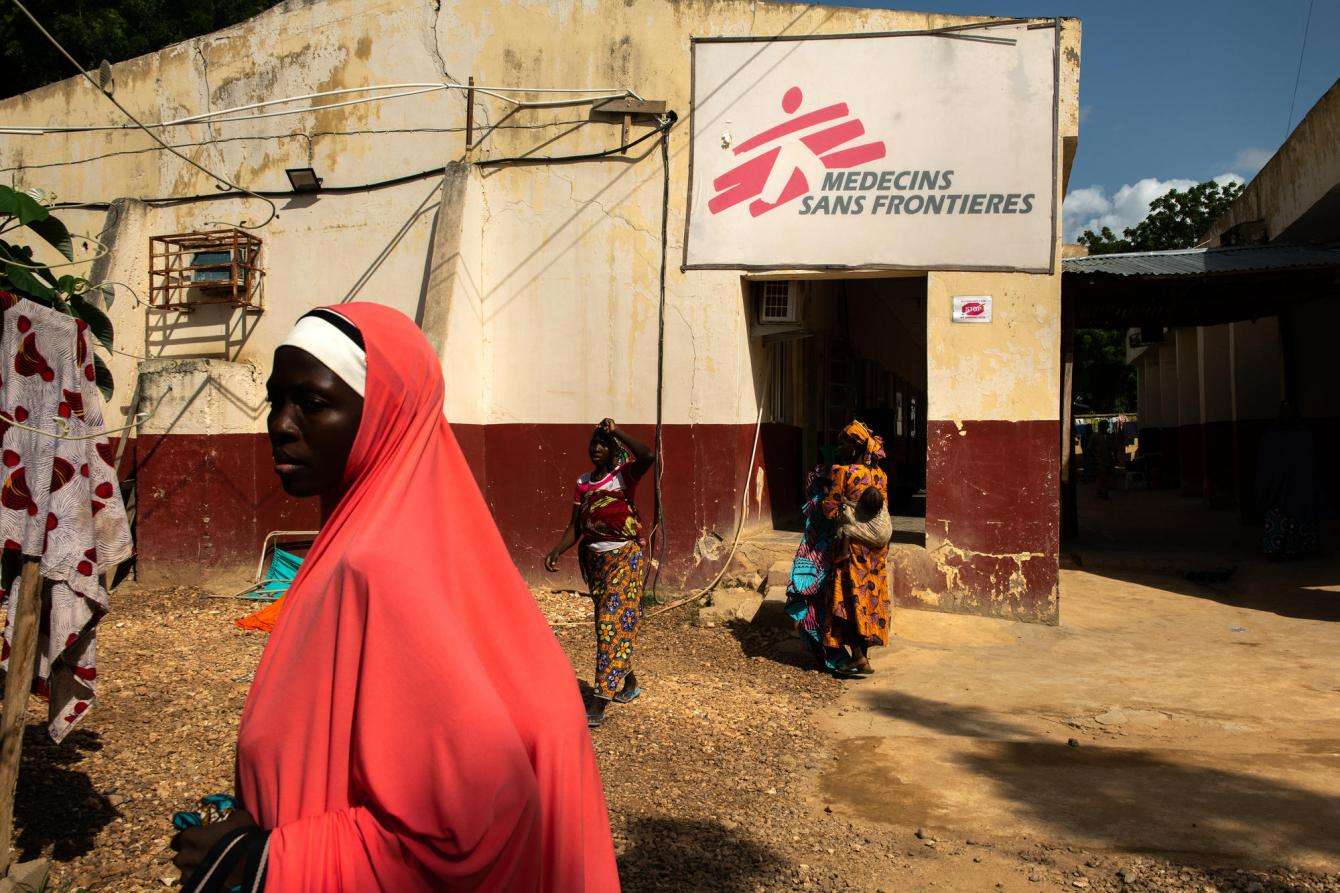
Conflict also forces extremely difficult decisions. In Syria, a country devastated by more than eight years of civil war, MSF was forced to evacuate international staff and suspend most activities in the northeast in October amid heightened insecurity following the US withdrawal from the region and launch of Turkish military operations. We are continuing our work in other parts of Syria. MSF reiterates its call on all parties to the conflict to provide humanitarian organizations with safe access to civilians in this time of urgent need. We are also stepping up medical and mental health care for people who have fled to neighboring areas in Iraq.
